












Developing children’s curiosity and understanding of mathematics is a core offer at Southfield.
Our Maths curriculum aims to provide pupils with the mathematical tools and knowledge to use contextually in their everyday life; a network of concepts and relationships which provide a way of viewing and making sense of the world.
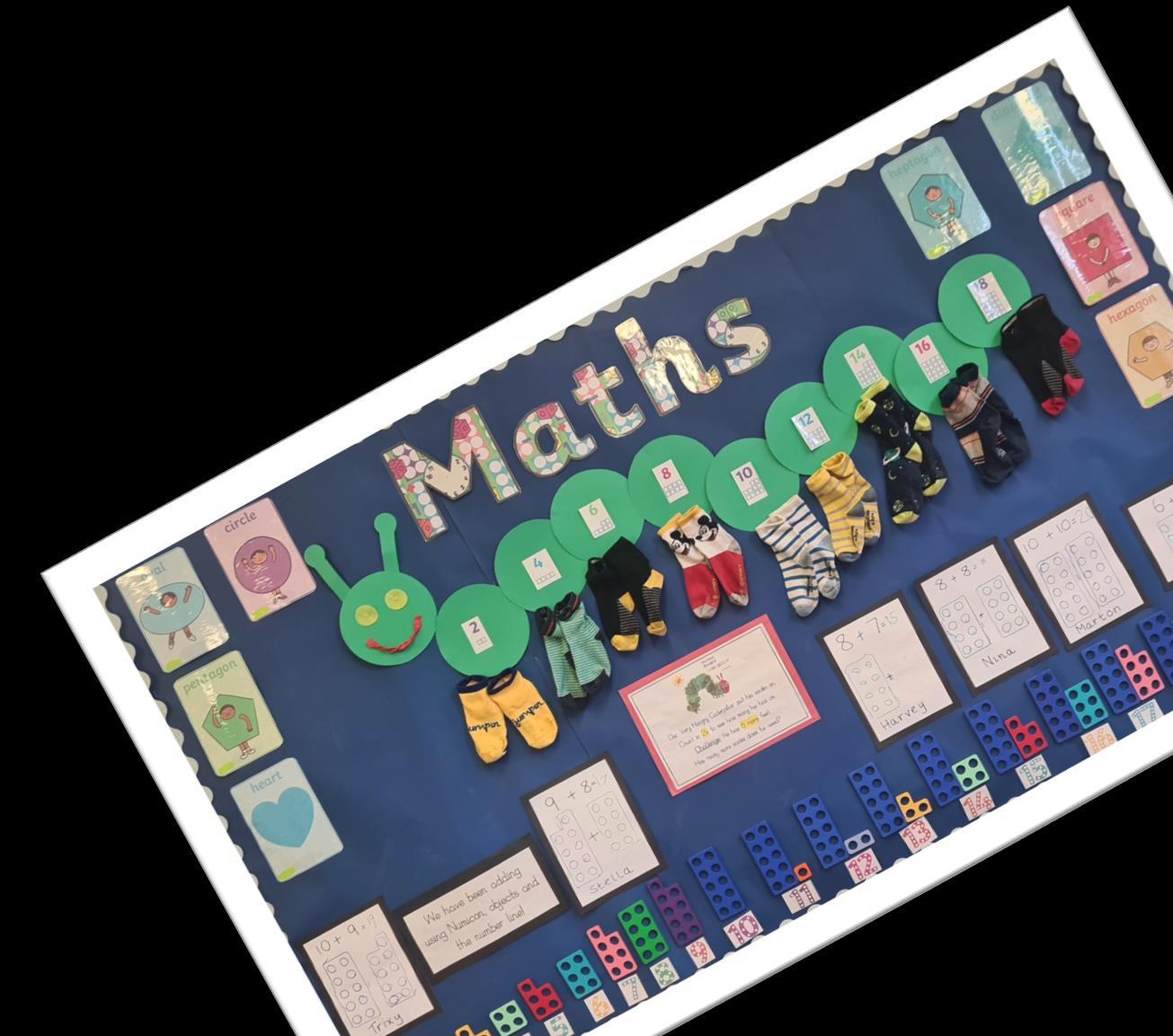
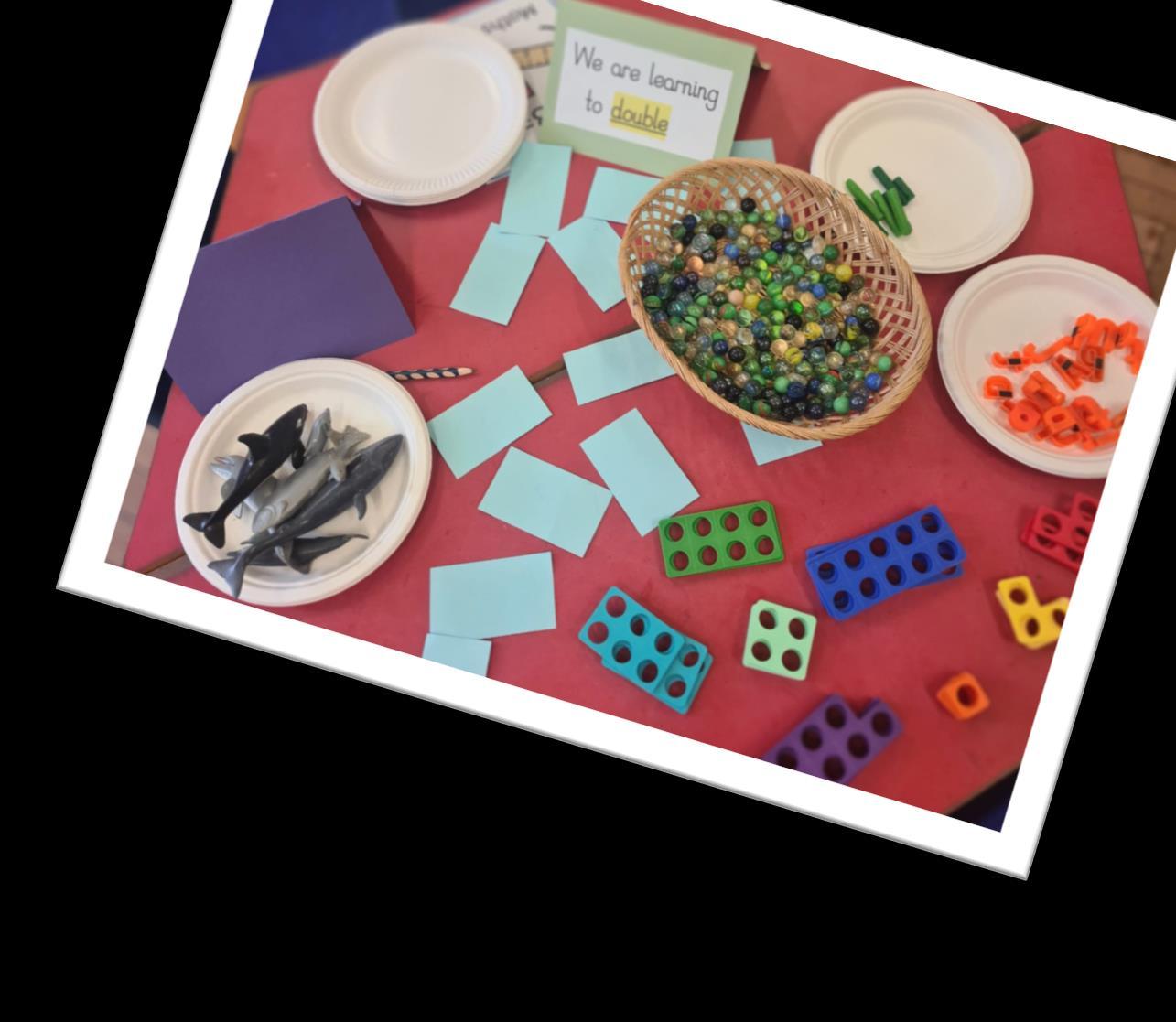
Our teaching of the subject is tailored towards pupils becoming fluent in the fundamentals of mathematics, including through varied and fluent practice, which is addressed in our discrete teaching of arithmetic, for 15 minutes daily. Through this, our children develop the conceptual understanding and ability to recall and apply knowledge rapidly and accurately. We foster analytical minds and confident communicators of information and ideas to tackle a range of practical tasks and real-life problems by having our children follow lines of enquiry, conjecture relationships and generalisations and develop arguments, justifications or proof, using mathematical language. In doing so, the Southfield mathematician is able to solve problems by applying their mathematics to a variety of routine and nonroutine problems with increasing sophistication and accuracy.
Our unique ‘Maths through Story’ and ‘Real-Life Maths’ lessons provide pupils with the opportunity to develop vital life skills through contextualisation of the subject. They see the mathematics that surrounds them every day, being shown as relevant to their world and applicable and integral to all aspects of life.
Children learn about famous mathematicians of the past who support and extend our understanding of the world around us in order to support their enjoyment and excitement of mathematical learning.
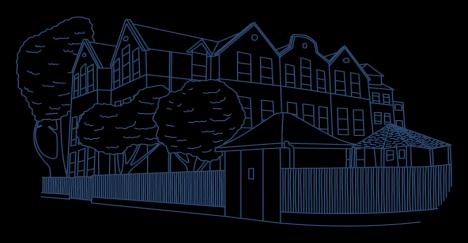





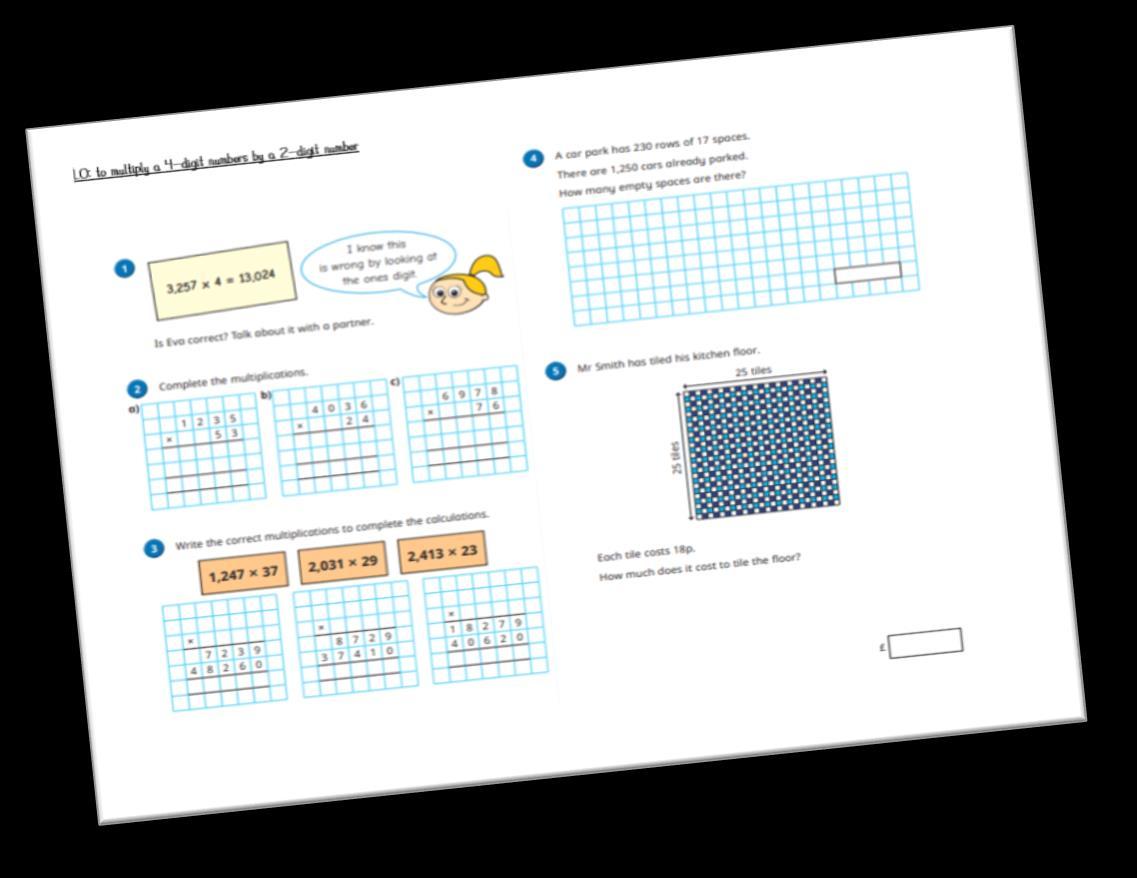

Our core aim at the heart of our Mathematics curriculum is to ignite enthusiasm and a passion for the subject, whilst equipping pupils with the uniquely powerful set of tools to understand the world. These tools include: logical reasoning, problem solving skills and the ability to think in abstract ways. As Southfield Mathematicians, our children’s ability to recall and apply knowledge rapidly and accurately provide them with the foundations needed to reason mathematically, follow lines of enquiry, conjecture relationships and generalisations and develop an argument, justification or proof, using mathematical language.
Through our bespoke, story-based and contextualised biweekly ‘Maths through Story’ and ‘Real-Life Maths’ lessons, pupils are offered the opportunity to enhance their ability to apply mathematics contextually in everyday life, exploring links with subjects across the curriculum. For example, contextualising money with trips to the local shop or visits to playgrounds and parks to explore shape, space and measurement.
In line with Rosenshine’s principles, lessons start by recapping prior knowledge that will support the facilitation of learning. Throughout lessons, pupils are quizzed on the learning they are doing to aid memory recall and retention. Each objective provides support and challenge for all learners by breaking learning down into small, manageable sections and offering steps for depth through mastery and mastery with greater depth questions.


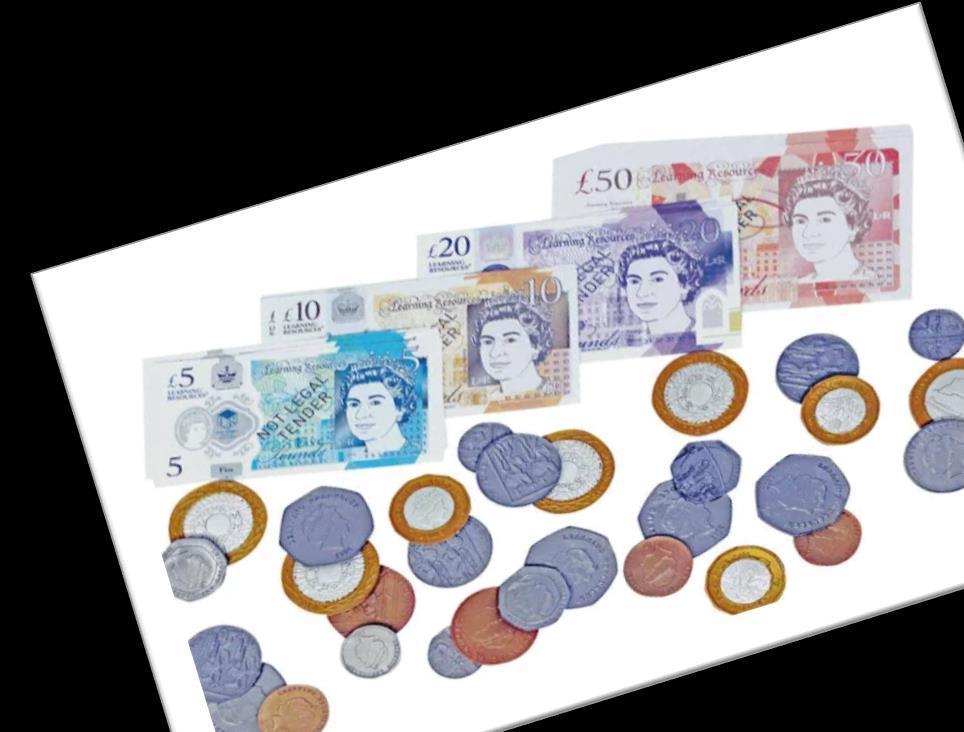
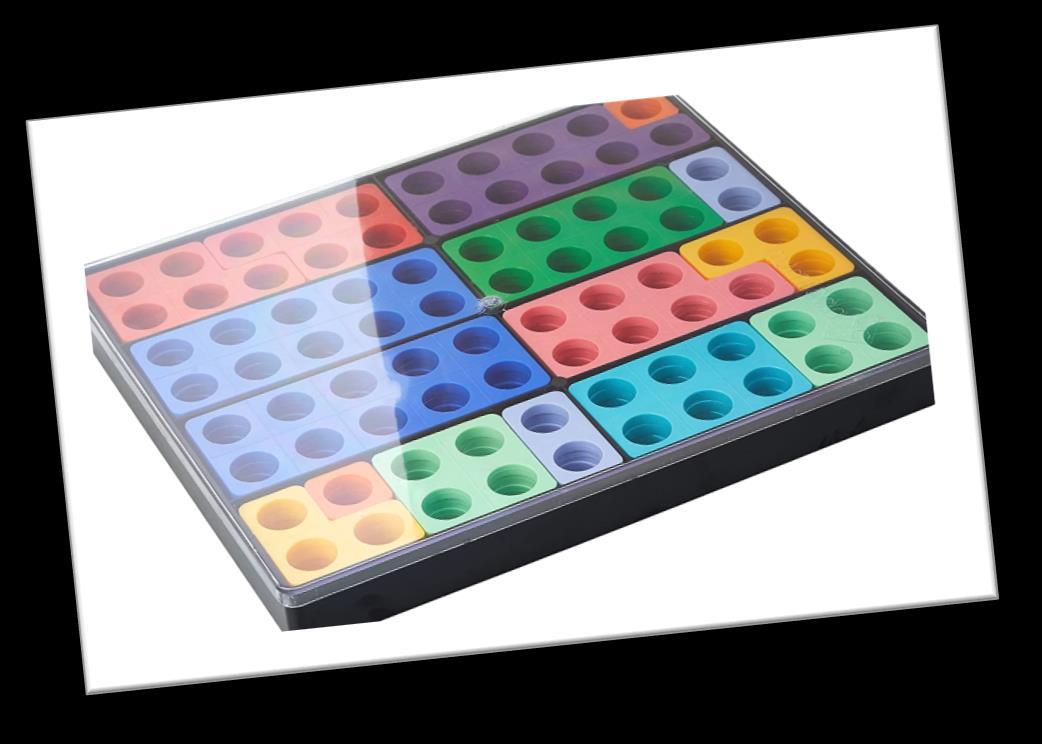

Starting with the C.P.A (concrete, pictorial, abstract) approach, pupils begin the exploration of a unit through concrete manipulatives and pictorial representations before being introduced to the abstract concept. As they progress through the curriculum, they will spend less time at this starting point, drawing on their knowledge from previous years.
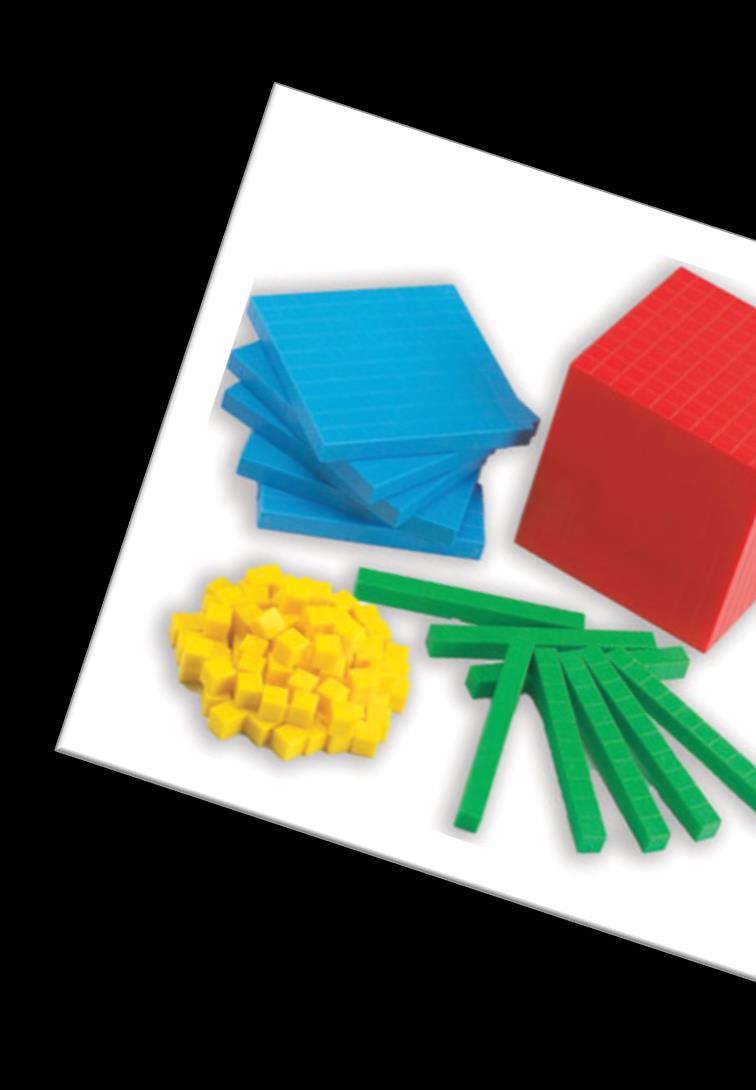

Arithmetic is taught discreetly, daily for 15 minutes. In these lessons, children consolidate learning from previous years and this is then built upon. These lessons help pupils secure their skill-set by aiding them in number fact recall and mathematical fluency, in line with the national curriculum aims.
Big ideas and concepts are distilled into units, and then into lessons, with the four mathematical concepts revisited each term.
In this bi-weekly lesson, pupils contextualise their mathematical learning through the median of a story. These multi-layered picture books allow for investigation to further encourage the children’s own mathematical thinking and ability to justify their reasoning.
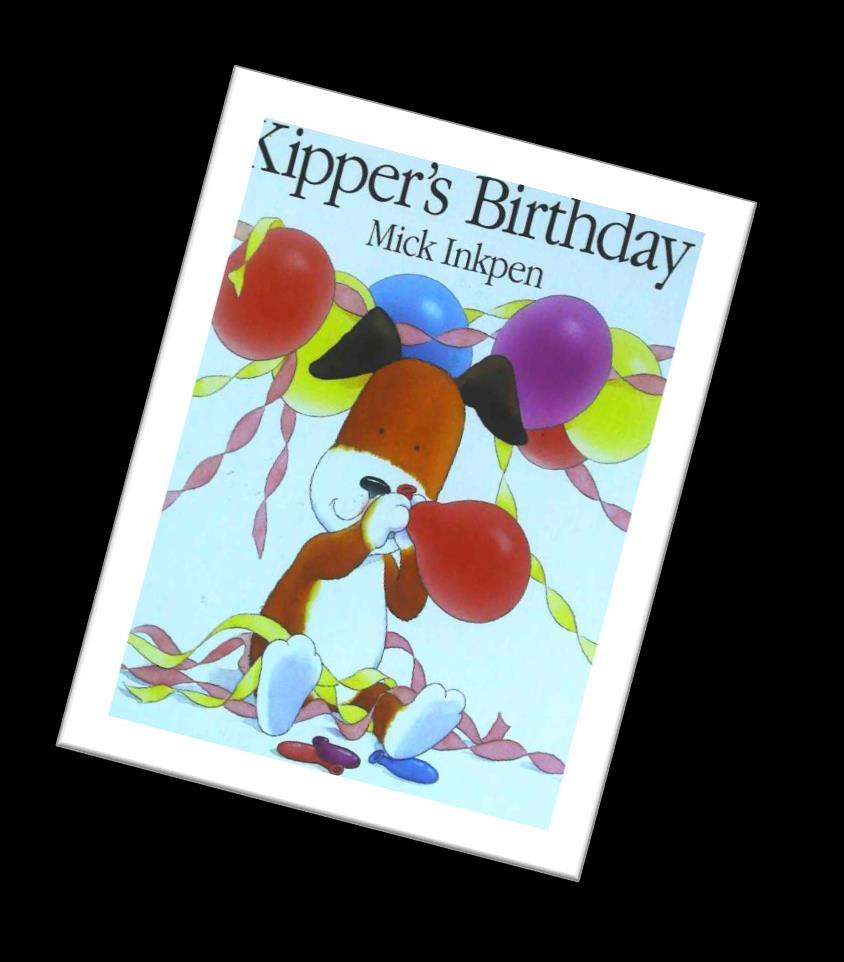

As the children progress through the mathematics curriculum, the story element of contextualisation becomes focused on real life application. These lessons give pupils the opportunity to apply their knowledge in real world settings, for example, local shop visits and budgeting.
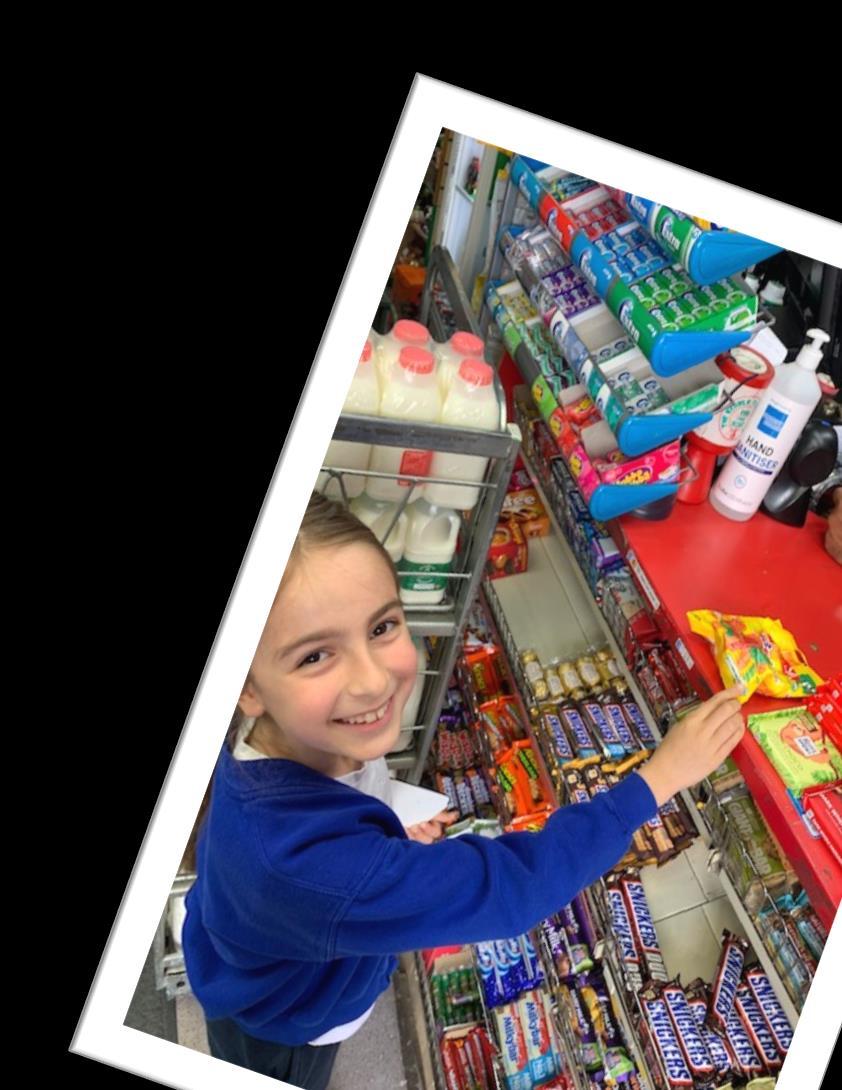
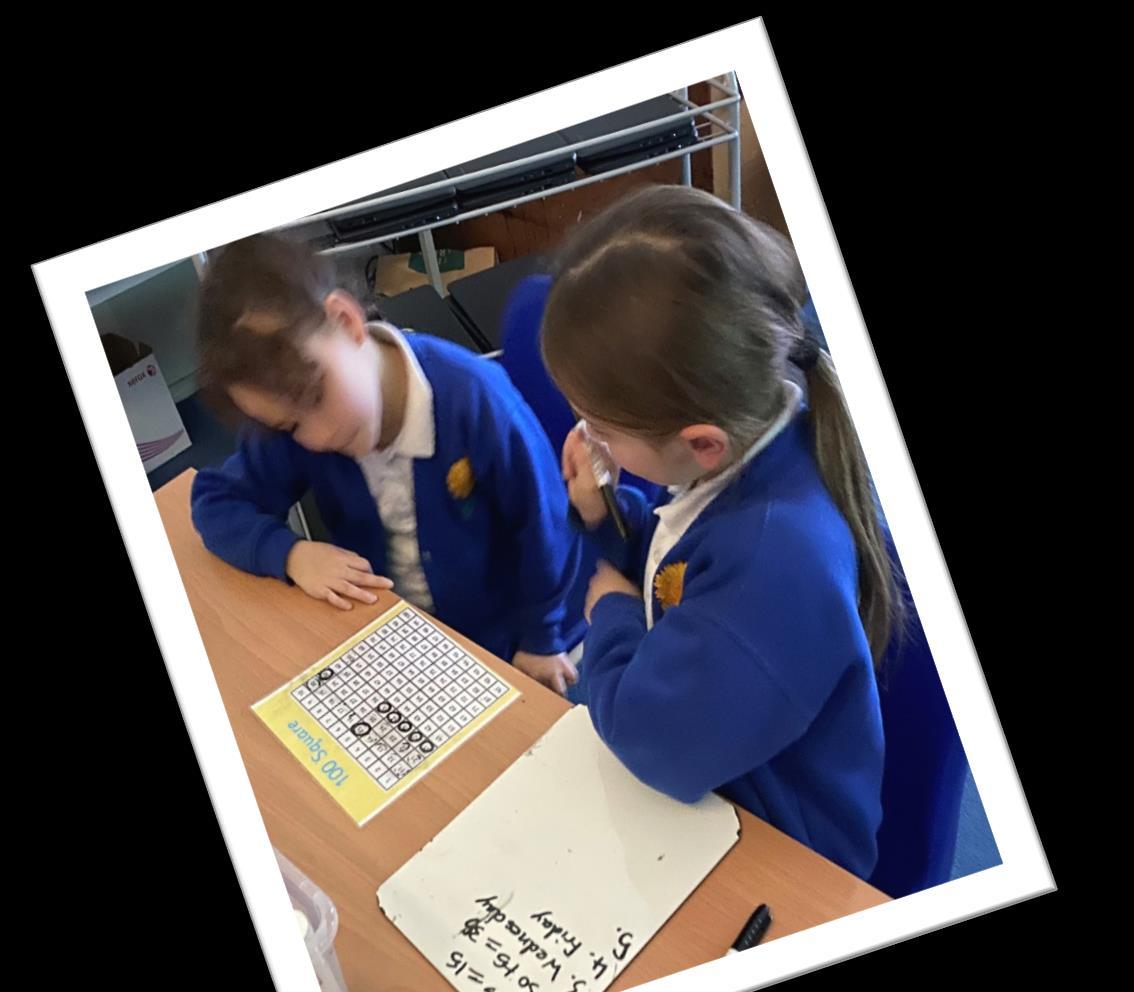

These key components underpin the teaching of maths knowledge and skills and how they are delivered in lessons:
FLUENCY: Children participate in 15 minutes of discrete arithmetic lessons to increase fluency and recall.

VOCABULARY: The mathematical vocabulary that will be used throughout the objective is explained and introduced to the children.
CPA – CONCRETE PICTORIAL ABSTRACT: Children are introduced to a concept through concrete manipulatives and pictorial representations, which are then explored in conjunction with abstract representations.
ARITHMETIC AND WORD PROBLEMS: Children learn and consolidate their arithmetic skills discretely and then through application in word problems.
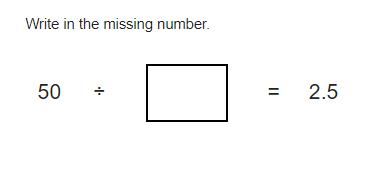


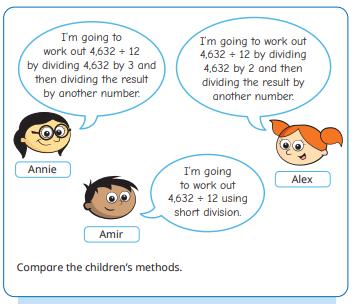


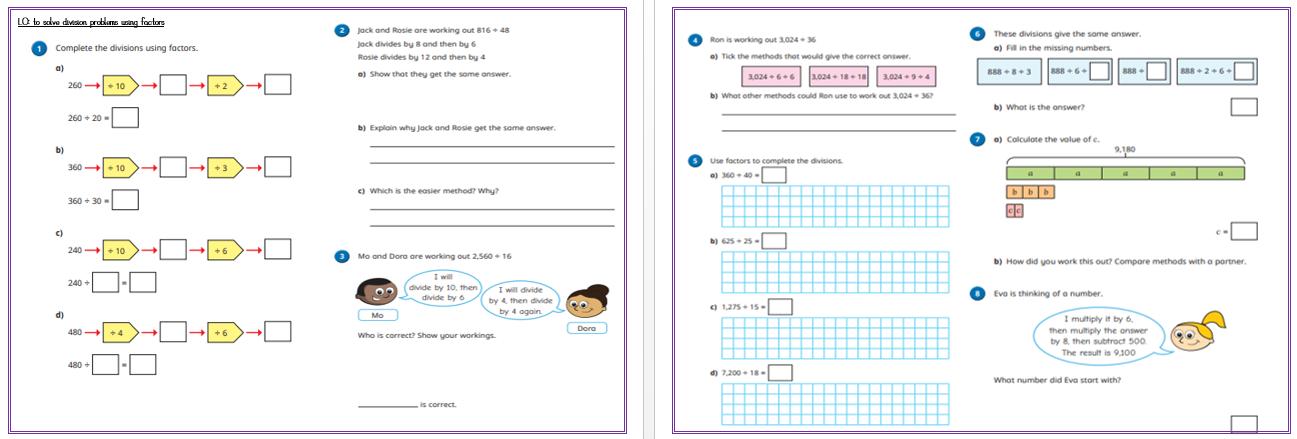

REASONING AND MASTERY: Children use their knowledge of concepts to justify and explain their reasoning, making links across topics to further evidence their rationales.
CONTEXTUALISATION: Children apply their knowledge and skills to contextualised scenarios, designed to engage them in increasingly complex routine and nonroutine settings.

Through multi-layered mathematical picture books, we provide meaningful opportunities in the teaching of key mathematical skills and concepts. We provide a context through which to learn maths as children perform better on tasks which are embedded and suggest rich possibilities for investigation and encourage the children’s own mathematical thinking. These picture books contextualise and locate everyday experiences for children, fusing the link between abstract and practical mathematical application, while offering valuable language models and extend children’s vocabulary. Through this, the mathematics that the children have already learned and its purpose are linked to ‘real life story’ context.
Pupils are encouraged to use the knowledge they learn in Mathematics and apply this to investigations that require their explanation and justification of answers, which is evidence of deep mathematical understanding.
Concepts are introduced and built upon as pupils’ progress through the school; our mathematicians revisit topics in each new academic year, activating prior knowledge, consolidating their prior learning and deepening their current understanding.

Our incremental approach helps teachers to identify knowledge gaps and look back at previous content if they need to close gaps in knowledge or understanding.
Children are equipped with topic specific vocabulary to enable understanding and engage with content at a high level.
High quality outcomes and understating is a pre-requisite for each session. Pupil books will display a high-quality account of understanding through reasoning justifications.
Ensuring children leave Southfield with a strong mathematical knowledge is a matter of social justice for us. Our curriculum enables children to understand the important role that maths plays in the socio-economic infrastructure of our society.
Real Life Maths provides contexts and manipulates opportunities to explore the key mathematical skills and concepts taught throughout the week. It provides our pupils with a context in which to use and apply mathematics – presenting them with situations that require mathematical skills.
This unique and exciting approach introduces Mathematical concepts and structures through a story or scenario which often link to other curriculum areas. For example, Year 6 solve problems using the Enigma code, which links to their learning of World War II in History or Year 3 have to create enough space on the farm (area/perimeter) for each animal from their novel study, Charlotte’s Web. This challenges the children to link abstract ideas to the real world in a way they understand, while consolidating their knowledge.
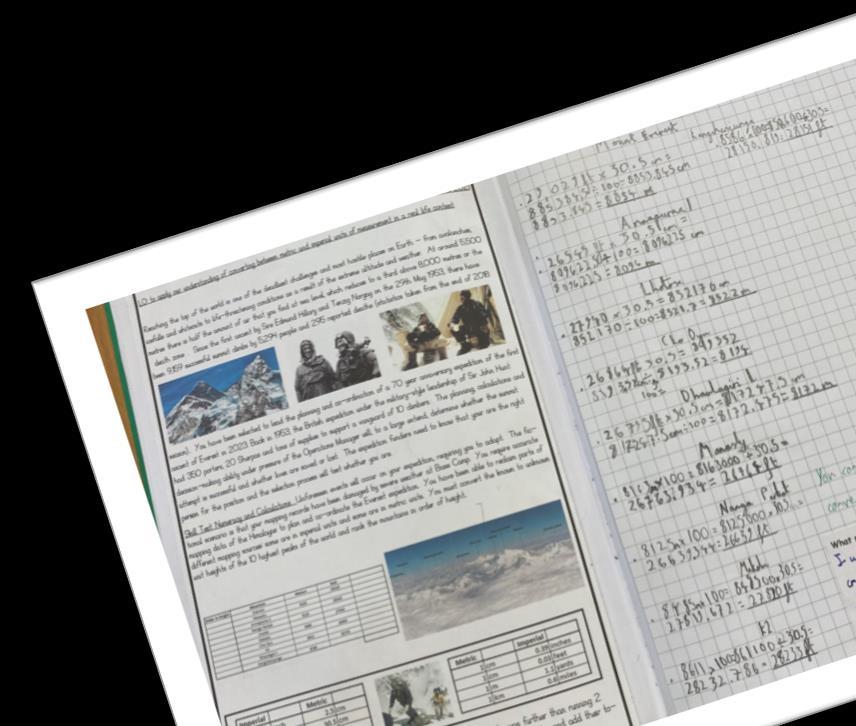
Through trips and workshops, the children further engage in enriching opportunities to be creative with maths and this results in our Southfield Mathematicians tackling tasks rich in investigation and encourage the children’s own mathematical thinking.
Real life maths helps to foster positive attitudes to taking risks and trying out new ideas and provides opportunities for children to use mathematical vocabulary, models and resources. It also exemplifies the reason for learning mathematics and encourages confidence in reluctant mathematicians.
We value the understanding and experiences children bring to Mathematics – this can be through their understanding of life and their experiences and through other topics.
As such, we aim, through Maths Through Story and Real Life Maths to foster that knowledge and make explicit links with Maths. We foster this excitement and build on this by showing knowledge can be used, designing their own
Children are encouraged through these stories and scenarios to construct meaning and understanding.


• Throughout each lesson, the children are formatively assessed as they move through the key mathematical topics (number, measurement, statistics etc). This allows teachers to monitor pupils learning and provide ongoing feedback and support where necessary.

• Each year group has a specific set of objectives with which to assess pupils fluency, in arithmetic skills, reasoning mathematically, through lines of enquiry, and problem solving.
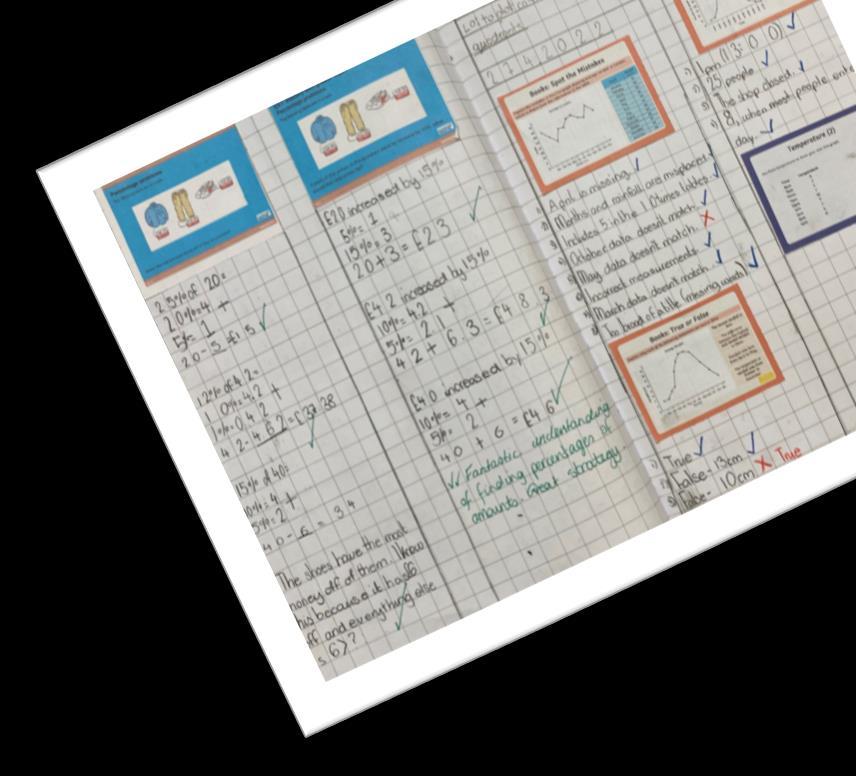
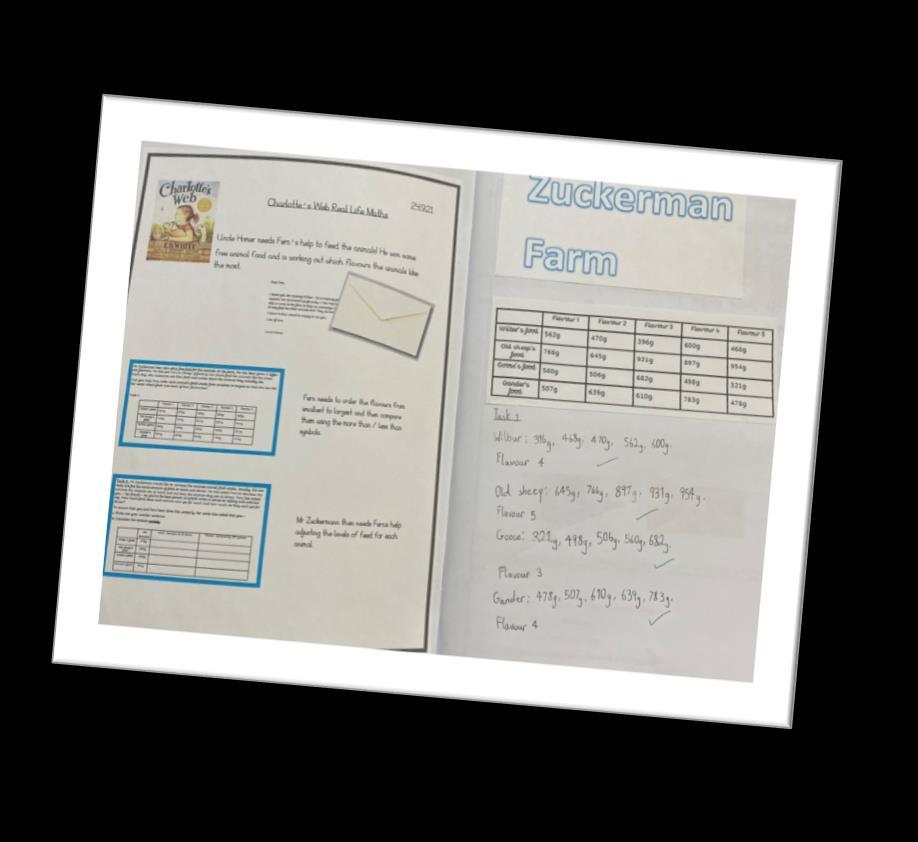
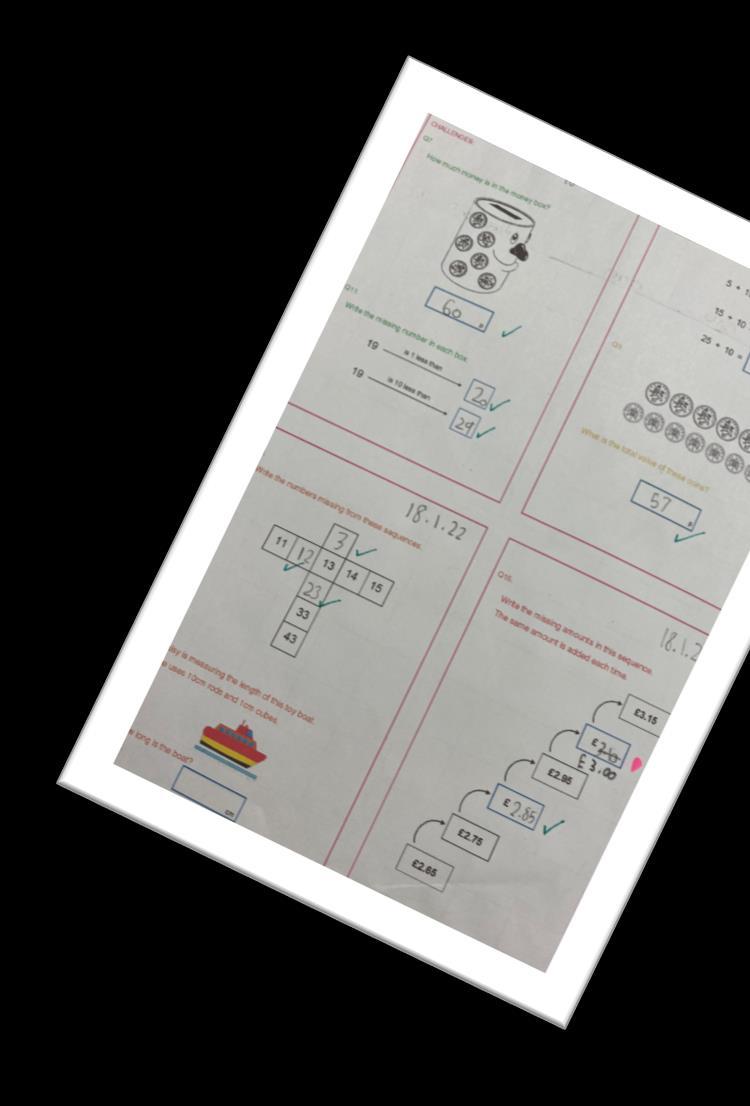
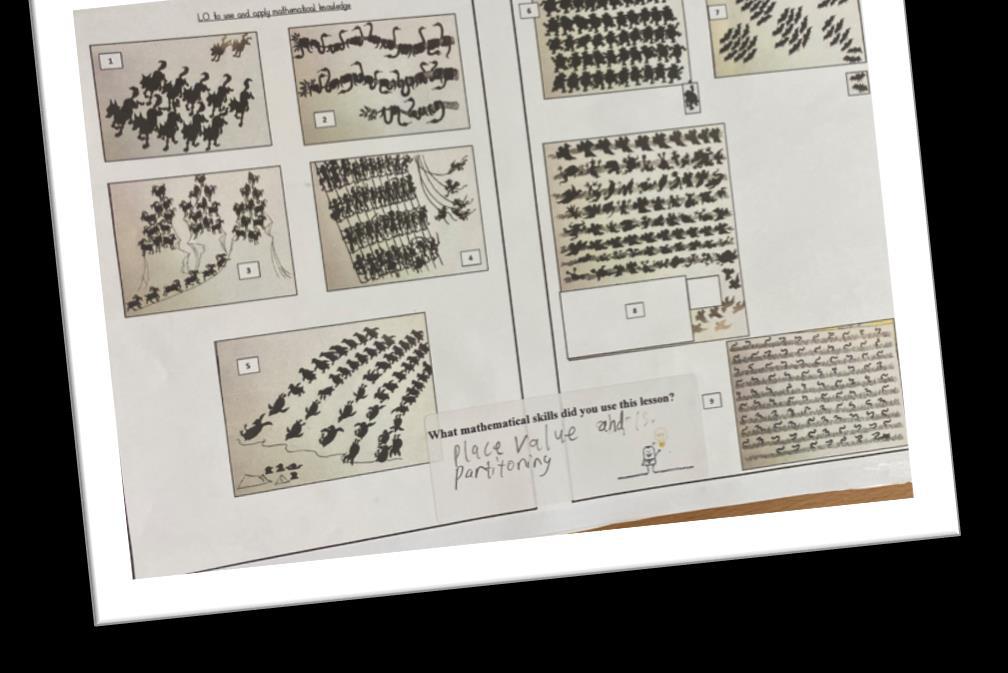
• Next steps for pupils provide opportunities for support, challenge and consolidation.
• We also have our bi-weekly ‘Maths through Story’ and ‘Real-Life Maths’ lessons and our knowledge rich foundation curriculum, which provide further opportunities for mathematical application across the school. These are assessed through reflection questions, posed to the children, to make then consider the knowledge and skills they applied in their contextualised learning.
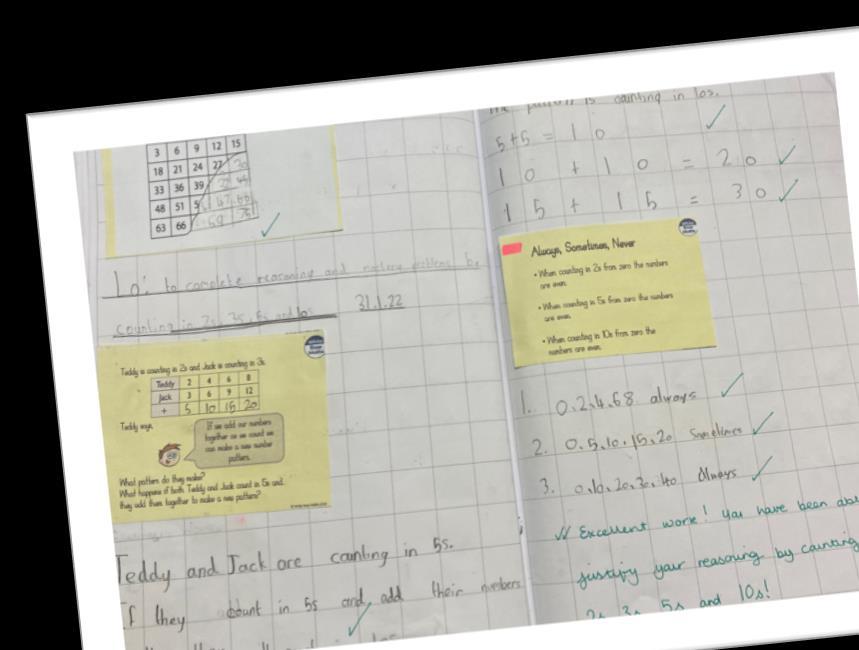
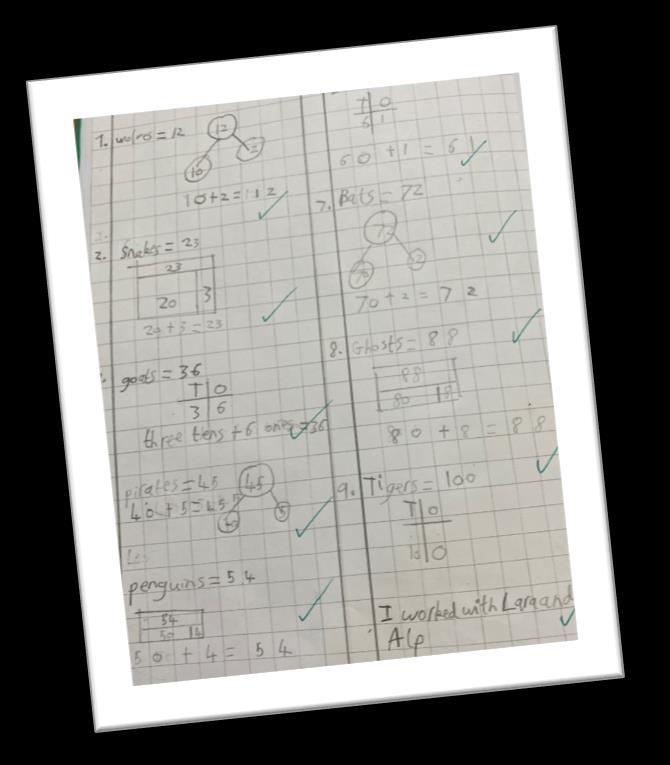
Other forms of assessment:
• Daily arithmetic practise (15 mins)
• Termly tests
• KS1 SATs
• KS2 SATs
• Year 4 multiplication test


